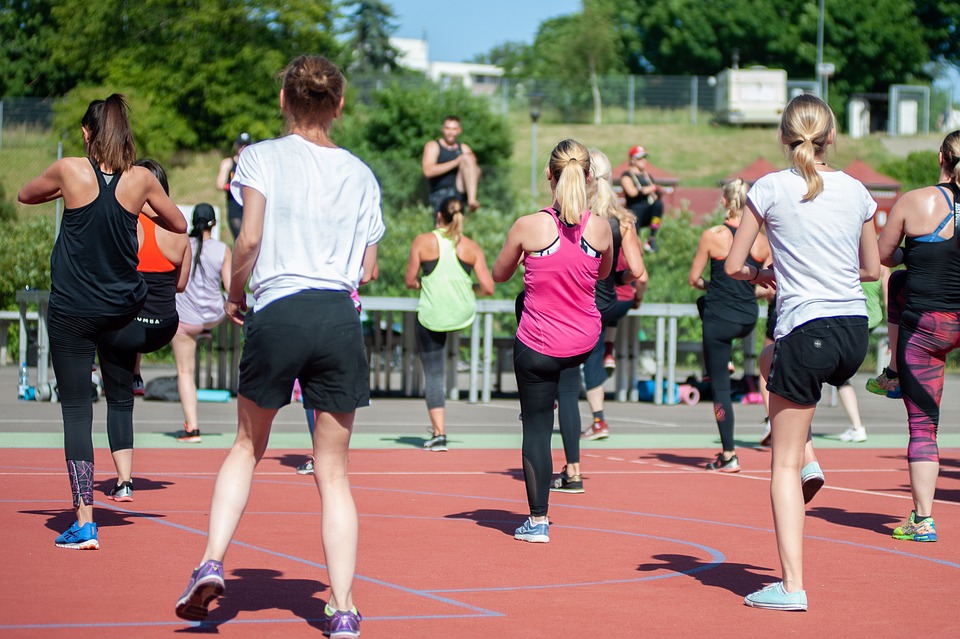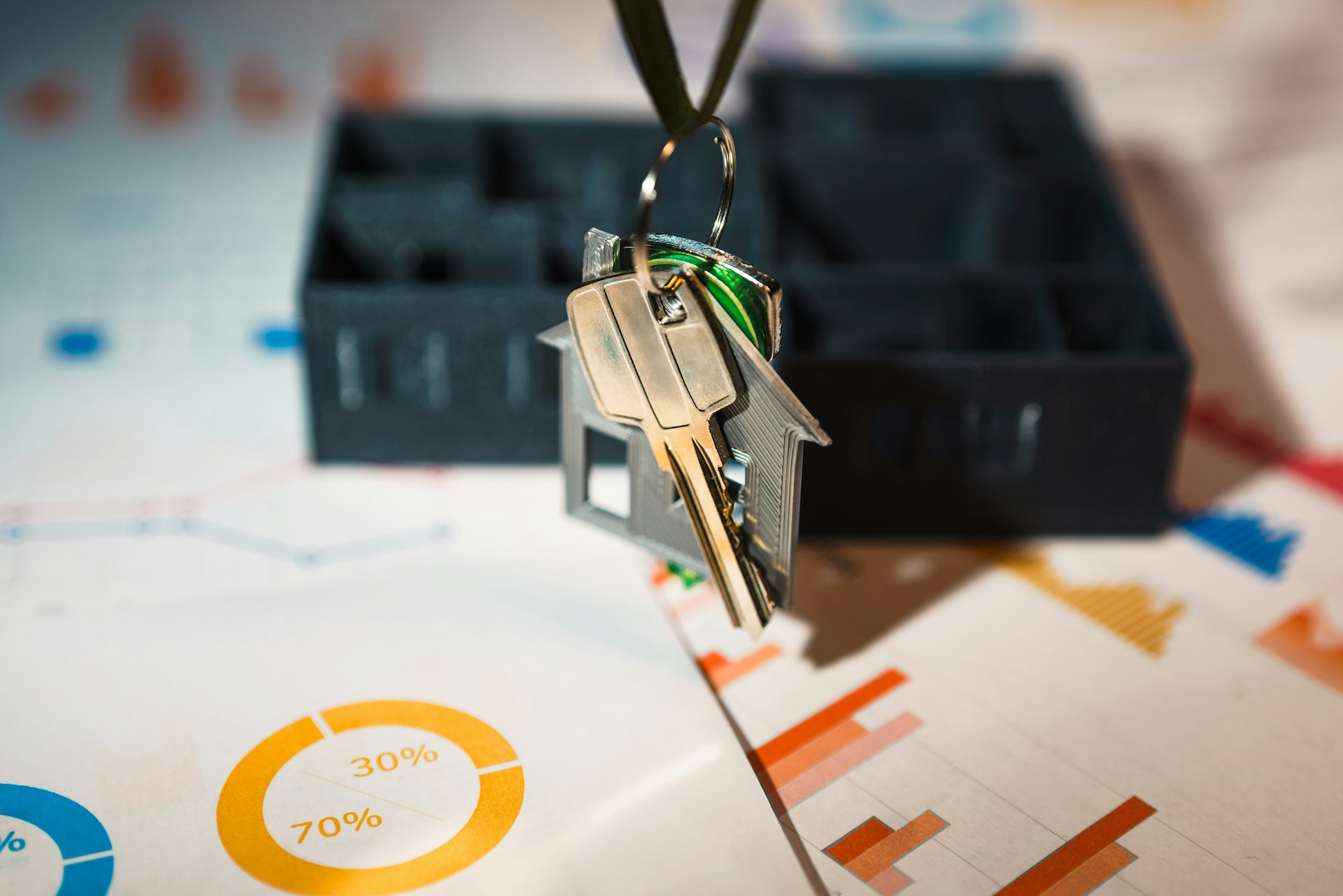Life hacks for school is an intriguing issue for students at school. Whether it’s managing time, maintaining relationships, staying healthy, or keeping up with homework, navigating school life may frequently feel like juggling a million tasks at once. However, what if there were easy ways to lighten the load a bit? Discover the world of life hacks for school, which are simple yet effective techniques to increase output, enhance your health, and make learning more fun. Making the most of every hour, both academically and personally, is the goal of these time-saving strategies and ingenious approaches to ace your studies without burning out. Are you prepared to change your school life and realize your full potential? Let’s get started!
Time Management Hacks

- Create a Daily Priority List
Write down 3-5 tasks that are the most important for the day. Focus on completing these first. It prevents feeling overwhelmed by an endless to-do list and ensures essential tasks are always completed, even if time is limited.
- Use Time Blocking
Divide your day into blocks of time, each dedicated to a specific activity (e.g., study, breaks, extracurriculars). It creates structure and predictability in your schedule and prevents multitasking, which can dilute focus and efficiency.
- Practice the Two-Minute Rule
If a task takes less than two minutes, do it immediately instead of postponing it. It keeps small tasks from piling up and becoming overwhelming and encourages a proactive mindset, which boosts efficiency.
- Batch Similar Tasks Together
Group similar tasks (e.g., math homework, replying to emails, or organizing notes) and work on them in a single session. It minimizes context switching, which can waste time and reduce productivity and allows you to get into a rhythm, completing tasks more efficiently.
- Plan for Contingencies
Always leave some buffer time in your schedule for unexpected tasks or delays. It reduces stress caused by last-minute surprises and ensures you don’t fall behind on your planned activities.
Study Smarter Hacks

- Use Active Recall
Instead of passively rereading notes or textbooks, test yourself on the material. For example, after studying a topic, close your book and try to recall as much as you can. It strengthens memory by forcing your brain to retrieve information and identifies gaps in knowledge, helping you focus on weaker areas.
- Practice Spaced Repetition
Combine with flashcards or note summaries to revisit topics systematically. It prevents forgetting by reinforcing knowledge over time and maximizes retention without cramming, which is less effective.
- Teach What You Learn
Pretend you are teaching the material to someone else, such as a friend or even an imaginary audience. Simplify concepts and explain them clearly. It deepens understanding by forcing you to organize and articulate your thoughts and highlights areas where your knowledge is incomplete.
- Mind Mapping for Complex Topics
Start with a central concept and branch out with subtopics and key details. It provides a clear, visual structure of complex information and encourages creative thinking and helps link related concepts.
- Utilize Multisensory Learning
Engage multiple senses while studying—read, write, listen, and speak. It activates different parts of the brain, making it easier to absorb and retain information and keeps the learning process engaging and dynamic.
- Use Chunking for Memorization
Break down large amounts of information into smaller, manageable “chunks”. It makes information easier to process and remember and prevents cognitive overload when studying dense material.
Money-Saving Hacks

- Take Advantage of Student Discounts
Use your student ID or email address to access discounts on food, transportation, software, subscriptions, and more. Many businesses offer special deals for students, helping you save money on everyday expenses.
- Free or Open-Source Tools for Schoolwork
Utilize free software and online resources for assignments and projects. It avoids the cost of expensive software like Microsoft Office or Adobe Suite. Many free tools offer similar functionality for no cost.
- Track Your Spending
Use a budgeting app or a simple spreadsheet to monitor your expenses and savings. It helps you identify unnecessary expenses and prioritize essential spending and encourages better financial discipline and goal setting.
- Avoid Impulse Purchases
Think carefully before buying non-essential items, and consider waiting a day before making a decision. It prevents overspending on things you don’t truly need and encourages mindful spending and saving habits.
Organization Hacks
- Color-Code Your Notes and Materials
Use colored pens, highlighters, and sticky notes to organize your notes and folders by subject. It makes it easier to locate materials quickly when studying or doing homework and adds a visual cue that enhances memory retention by associating colors with specific subjects.
- Create a Binder or Folder System
Use separate binders, folders, or dividers for each subject. It keeps all materials for a subject in one place, reducing the chance of losing important documents and makes reviewing for exams or completing assignments more efficient.
- Use a Digital and Physical Calendar
Schedule study blocks, project work, and breaks to maintain a balance. It provides a visual overview of your tasks, helping you prioritize and stay on track and reduces the likelihood of missing deadlines or forgetting commitments.
- Declutter Your Backpack Regularly
Set aside time each week to clean out your backpack. Remove unnecessary papers, trash, or items you no longer need. It prevents your backpack from becoming a black hole of clutter and saves time when searching for books, supplies, or assignments.
- Keep an “Inbox” Section
Designate a specific pocket in your backpack or a tray on your desk as an “inbox” for new papers, handouts, or assignments. It provides a temporary holding spot for materials that need to be sorted later and keeps your backpack or desk from becoming a dumping ground for random papers.
Hacks for Staying Healthy

- Stay Hydrated with a Water Bottle
Carry a reusable water bottle with you at all times and aim to drink water throughout the day. It helps you stay hydrated improves concentration, energy levels, and overall health and prevents fatigue and headaches caused by dehydration.
- Pack Healthy Snacks
Carry snacks like nuts, fruits, yogurt, or granola bars to keep your energy levels stable throughout the day. It prevents energy crashes caused by sugary or processed snacks and supports better focus and reduces the temptation to buy unhealthy cafeteria food.
- Prioritize Sleep
Aim for 7-9 hours of sleep each night to allow your body and mind to recover. Sleep enhances memory, focus, and emotional well-being. It reduces the risk of burnout and illness.
- Physical Activity
Engage in at least 30 minutes of physical activity daily, such as walking, biking, or playing sports. It boosts energy levels, reduces stress, and improves focus and enhances physical fitness, which is crucial for long-term health.
- Practice Mindful Breathing
Take a few minutes during the day to practice deep breathing exercises to calm your mind and reduce stress. It improves focus, reduces anxiety, and enhances overall mental clarity and provides a quick, effective way to reset during stressful moments.
- Maintain Good Posture
Sit with your back straight, feet flat on the ground, and shoulders relaxed while studying or attending class. It prevents back pain and discomfort caused by poor posture and supports better breathing and focus during long hours of sitting.
- Maintain a Balanced Diet
Eat a variety of foods, including fruits, vegetables, whole grains, protein, and healthy fats, for optimal nutrition. It provides sustained energy for long school days and supports brain function and overall health.
Social Hacks

- Smile and Make Eye Contact
Smile and make eye contact when greeting people or talking to them. A friendly smile and eye contact convey warmth and openness, making you approachable.
- Compliment Others Genuinely
Offer sincere compliments about someone’s achievements, appearance, or actions. Compliments make people feel good about themselves and can help you build positive relationships.
- Be a Good Listener
Pay full attention to someone when they are speaking. Use active listening techniques like nodding, paraphrasing, or asking follow-up questions.
- Offer Help When Needed
Be proactive in assisting classmates or teachers, such as helping with projects or explaining a concept.
- Be Yourself
Stay authentic and true to your personality while being respectful of others. It builds genuine connections based on trust and mutual respect and attracts people who appreciate you for who you are.
Parent and Teacher Interaction Hacks

- Show Respect and Courtesy
Always use polite language, maintain a respectful tone, and show gratitude for their help.It sets a positive tone for interactions and encourages mutual respect. Teachers and parents are more willing to support you when they feel valued.
- Use the “Sandwich” Approach for Feedback
When providing feedback or raising concerns, start with a positive comment, discuss the issue, and end with another positive note. It softens the delivery of critiques and makes the conversation more constructive and encourages collaboration and reduces defensiveness.
- Express Gratitude for Their Efforts
Thank parents and teachers regularly for their support, whether it’s helping with homework or mentoring you. It strengthens your relationships by showing that you don’t take their help for granted and encourages them to continue supporting you.
Conclusion
By incorporating these life hacks into your school routine, you can turn stressful days into productive, manageable ones. These easy techniques, which include time management, smarter study techniques, organization, and relationship, enable you to better manage your academic obligations, social life, and social life. Keep in mind that education is about more than simply grades, it’s also about developing successful habits and growing as a person. In addition to making school more fun, adopting these life hacks will position you for a more structured, rewarding, and stress-free journey. Why wait, then? Put these suggestions into practice right now, and you’ll see how your time in school becomes more productive, fulfilling, and even enjoyable!
After you have adapted to school life, accommodation is the first and foremost thing to consider. uhomes.com is a dynamic rental platform designed to meet the needs of renters who value both affordability and quality. Whether you’re a student, a working professional, or a family, uhomes.com offers a wide range of rental properties that cater to different budgets and preferences in cheapest country to live in.
FAQ
- Make a morning playlist. Note this one down, as this is one of the best life hacks for students.
- Using notecards when presenting. Giving presentations can be stressful, especially if they affect your grades.
- Give yourself positive affirmations.
- Use nail polish to identify different keys.
- Freeze grapes to chill your drink without it getting watered down.
- Put milk in your nearly empty Nutella or peanut butter jar.
- Put a wooden spoon across a boiling pot of water to keep it from boiling over.
- Use hair straighteners to iron collars.
Soccer, track and field, basketball, and football can all make school a little more fun. If you don’t want to play sports, consider attending the games and cheering on your team with your friends. Most of the time, you can get in for free, and it can be a great way of making new buddies.
Expert life hackers show you how to make cool stuff out of ordinary things you have at home.
To maximize your study sessions and help you remember information for longer, try implementing some of these science-backed study hacks, including: “chunking” information by breaking it down, reviewing notes frequently so as not to fall victim to the Forgetting Curve, exercising before studying, and using the Pomodoro.
Treat yourself at certain intervals of studying. You can mark these accomplishments in intervals of time or by the quantity of study material covered. Decide on specific rewards ahead of time, whether they be edible treats, entertainment, or leisure activities. Choose a reward that won’t take too long to enjoy.
To hack into a phone, a perpetrator will have used specific software or mobile apps known as “spyware” to monitor the accounts on the device and track the person’s location. Here are some things to know about how mobile phone hacking works and questions to ask yourself if you think someone may be tracking you.








